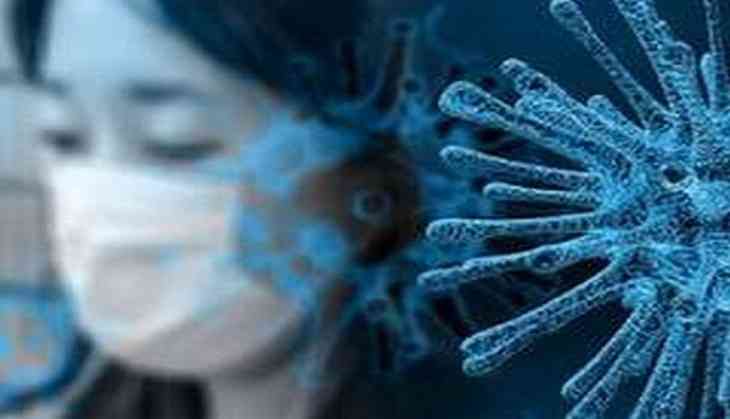Patients with inactive cancer at high risk of severe COVID-19 illness: Study

A new study found that patients with inactive cancer and not currently undergoing treatments for the deadly disease also face a significantly higher risk of severe illness from COVID-19.
The findings of the study were published in the journal 'JNCI Cancer Spectrum'. Past reports have established an increased risk of severe disease and death for sick or hospitalised cancer patients with COVID-19 compared to patients without cancer, but less is known about patients in the general population.
The findings underscore the importance of COVID-19 mitigation, like social distancing and mask-wearing, and vaccinations for all patients, not just those recently diagnosed or with active disease.
"Patients who have cancer need to be careful not to become exposed during this time," said senior author Kara N. Maxwell, MD, PhD, an assistant professor of Hematology-Oncology and Genetics in the Perelman School of Medicine at the University of Pennsylvania and a member of the Abramson Cancer Center and the Basser Center for BRCA.
"That message has been out there, but these latest findings show us it's not only for patients hospitalized or on treatment for their cancer. All oncology patients need to take significant precautions during the pandemic to protect themselves," Maxwell added.
The researchers analysed the records of more than 4,800 patients who had been tested for COVID-19 from the Penn Medicine BioBank, a centralised bank of samples, and linked data from the health system's electronic health records, to investigate the association between cancer status and COVID-19 outcomes.
Of the 328 positive cases through June 2020, 67 (20.7 per cent) had a cancer diagnosis in their medical history (80.6 per cent with solid tumor malignancy and 73.1 per cent with inactive cancer).
Patients with COVID-19 -- including both those with active cancer (18) and inactive cancer (49) -- had higher rates of hospitalisations compared to non-cancer patients (55.2 per cent vs. 29 per cent), intensive care unit admissions (25.7 per cent vs. 11.7 per cent), and 30-day mortality (13.4 per cent vs. 1.6 per cent). While worse outcomes were more strongly associated with those with active cancer, patients in remission also faced an overall increased risk of more severe disease compared to COVID-19 patients without cancer.
Notably, the proportion of Black patients -- who make up 20 per cent of the patients in the biobank -- was significantly higher in both cancer and non-cancer COVID-19-positive patients (65.7 per cent and 64.1 per cent, respectively) compared to all patients tested for SARS-CoV-2.
The findings parallel prior reports showing the disproportionate impact of COVID-19 on minority communities.
"We really need to be thinking about race as a significant factor in trying to get people vaccinated as soon as we can," Maxwell said.
Studies show that cancer patients have a higher risk of COVID-19 complications, due in part to factors such as older age, higher smoking rates, comorbidities, frequent health care exposures, and the effects of cancer therapies. These latest results also suggest cancer itself and its impact on the body may play a role in exacerbating COVID-19 infections.
"Our finding that cancer patients with COVID-19 were more likely than non-cancer patients to experience hospitalization and death even after adjusting for patient-level factors supports the hypothesis that cancer is an independent risk factor for poor COVID-19 outcomes," they wrote.
In a separate, related study published in the preprint database bioRxiv and not yet peer-reviewed, Penn Medicine researchers report that cancer patients receiving in-person care at a facility with aggressive mitigation efforts have an extremely low likelihood of COVID-19 infection. Of 124 patients in the study receiving treatment at Penn Medicine, none tested positive for the virus after their clinical visits (an average of 13 per patient).
The results suggest those efforts, when combined with social distancing outside the healthcare setting, may help protect vulnerable cancer patients from COVID-19 exposure and infection, even when ongoing immunomodulatory cancer treatments and frequent healthcare exposure are necessary, the authors said.
(ANI)
Also Read: Farmers march from Nashik to Mumbai to take part in 'Kisan Gantantra Parade'

